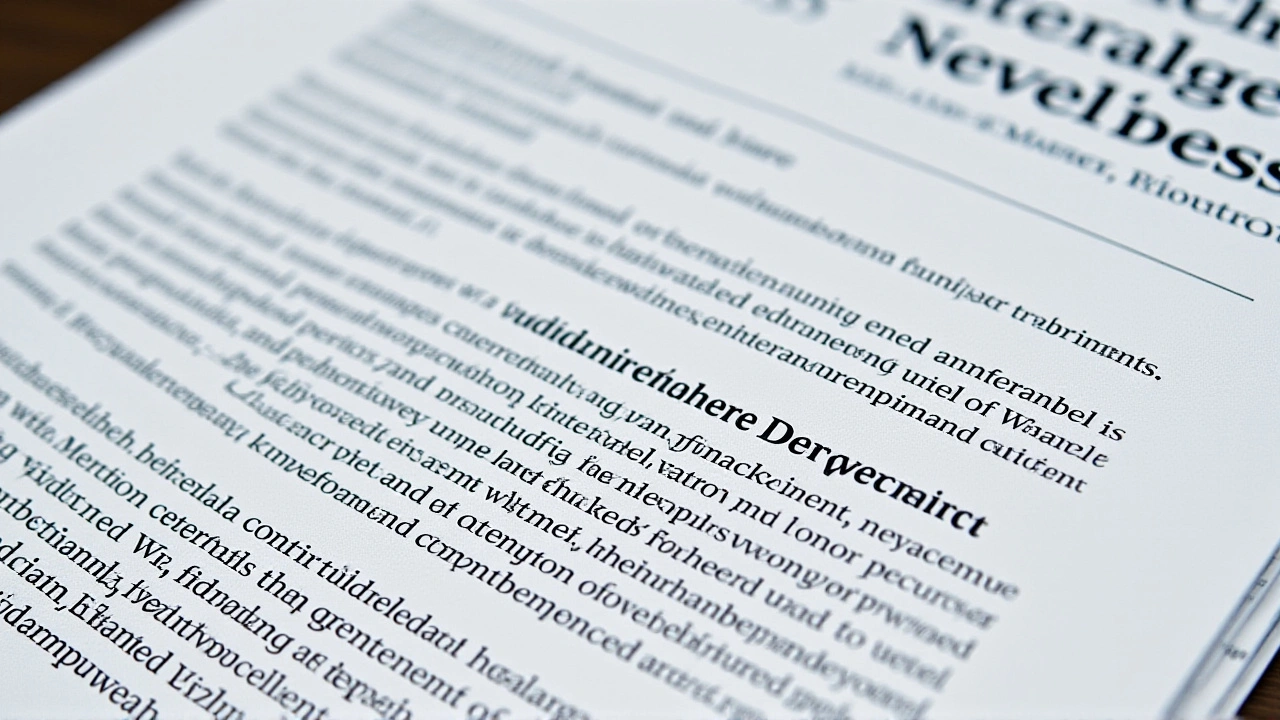United Nations – News, Policies and Impact Across Africa
When talking about United Nations, the intergovernmental organization founded in 1945 to promote peace, security and development worldwide. Also known as UN, it unites 193 member states under a common charter.
The UN Security Council, a 15‑member body that authorises sanctions, authorises peacekeeping missions and decides on international security actions works hand‑in‑hand with the General Assembly to keep global crises in check. At the same time, the Sustainable Development Goals, a set of 17 targets adopted in 2015 to end poverty, protect the planet and ensure prosperity for all give African governments a concrete roadmap for progress.
Key UN Bodies and Initiatives Shaping the Continent
UN peacekeeping forces are on the ground in places like the Democratic Republic of Congo and Mali, providing security that lets civilians rebuild their lives. The UN Development Programme (UNDP) partners with local ministries to fund renewable‑energy projects, while UNESCO protects cultural heritage sites from conflict‑related damage. These entities create a network where security, development and culture reinforce each other.
Think of it this way: the United Nations encompasses peacekeeping missions, the Sustainable Development Goals guide development projects, and the Security Council influences international security decisions. Each piece plays a role in a larger puzzle that Africa’s leaders and citizens navigate every day.
Across the 54 nations, you’ll see UN‑backed programs tackling everything from youth unemployment to pandemic response. For instance, the World Health Organization (WHO), a specialized UN agency, coordinates vaccine roll‑outs that reach remote villages. Meanwhile, the International Labour Organization (ILO) helps draft labour laws that protect migrant workers, a hot topic in many East African economies.
On the policy side, the UN General Assembly votes on resolutions that set the tone for climate action, trade agreements and human‑rights standards. Those resolutions often become the foundation for national legislation, meaning a single UN decision can ripple through schools, farms and boardrooms alike.
Why does this matter to you? If you’re a business owner, understanding UN trade guidelines can help you access new markets and avoid sanctions. If you’re a student, the SDG framework provides clear career pathways in sustainability, health or education. And if you’re simply a citizen, knowing which UN agency handles what issue makes it easier to hold governments accountable.
Our collection below pulls together stories that illustrate these connections. You’ll find reports on Nigerian MSMEs benefiting from UN‑backed grant schemes, South African social grant updates that align with poverty‑reduction goals, and analyses of how African nations engage with UN climate negotiations. Each piece shows a different facet of how the United Nations interacts with everyday life on the continent.
Browse the articles to see real‑world examples of UN initiatives in action, from peacekeeping successes to development challenges. Whether you’re looking for policy insight, human‑interest angles or data‑driven commentary, the list provides a curated snapshot of the UN’s influence across Africa today.
- September 28, 2025
- Comments 19
- World News

